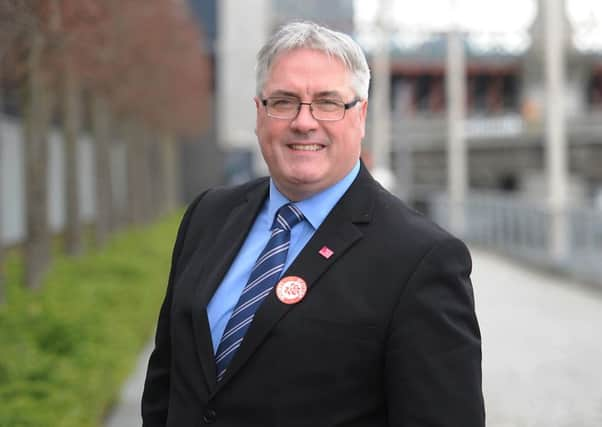Wee Glasgow Loan to help beat poverty backed by city bosses


The Wee Glasgow Loan will be operated by Pollok and BCD Credit Unions and has an interest rate of 2% per month. The maximum amount for a first loan is £400, with the limit extending to £600 thereafter.
Frank McAveety, leader of Glasgow City Council, said the loan is a “Glasgow solution to a Glasgow problem”.
Advertisement
Hide AdAdvertisement
Hide AdHe added: “You can apply online, it’s based on affordability and payments back will be nowhere near the extortionate levels offered by those in the private sector. Compared with our loan, the private providers will be charging 10 times as much over the same period of time.
“This is a genuine opportunity for the people of Glasgow, particularly coming up to Christmas, to take a loan out that isn’t going to kill them. I come from an ordinary family like most Glaswegians and Christmas is a tough time, particularly if you’re in a big family.”
Jim Garrity, operations director at Pollok Credit Union, said: “For too long now some payday lenders and rent-to-own retailers have used their position of strength to prey on the most disadvantaged, often trapping families in an abusive and expensive cycle of debt.”
Tony Davren, also from Pollok Credit Union, said: “For people in the communities that we work in this will be a big life change.”
Angela Jamieson, from the Poverty Leadership Panel, said: “Glasgow citizens borrow £57 million a year through doorstop lenders, pawn brokers and rent-to-own outlets.
“From personal experience I know that they’re not lenient and goods can get taken away.”
The loan is available to anyone living in Glasgow but is targeted at the estimated 100,000 citizens relying on high-cost credit.